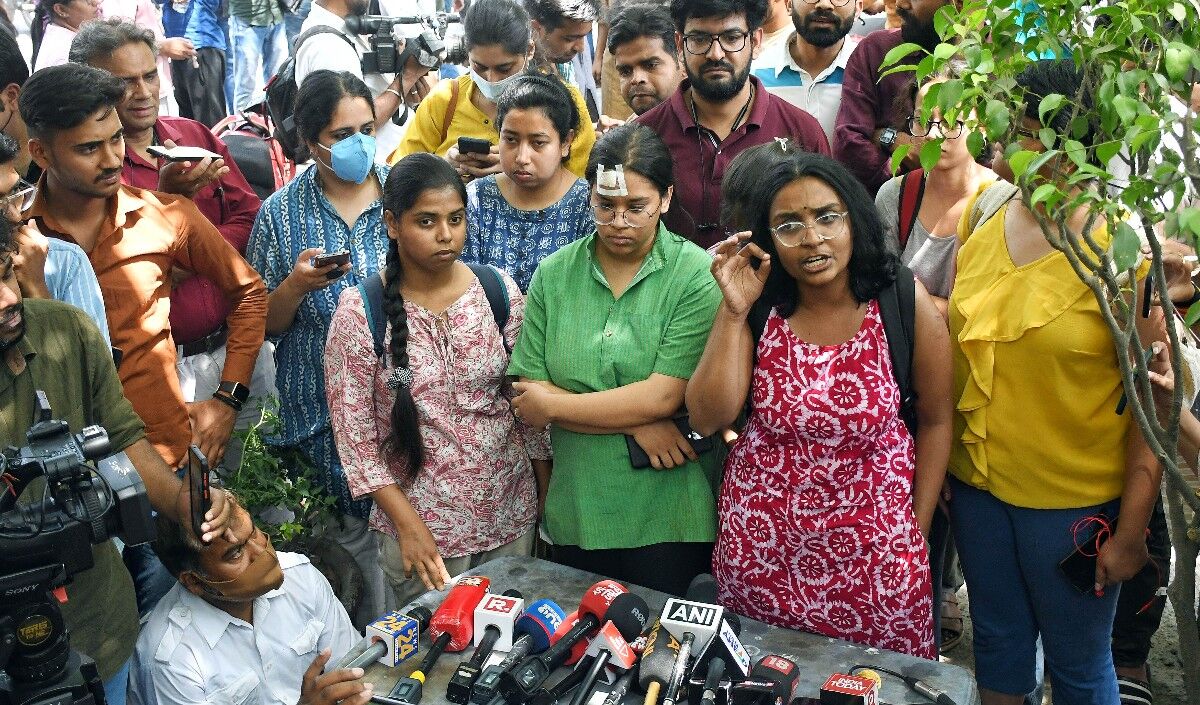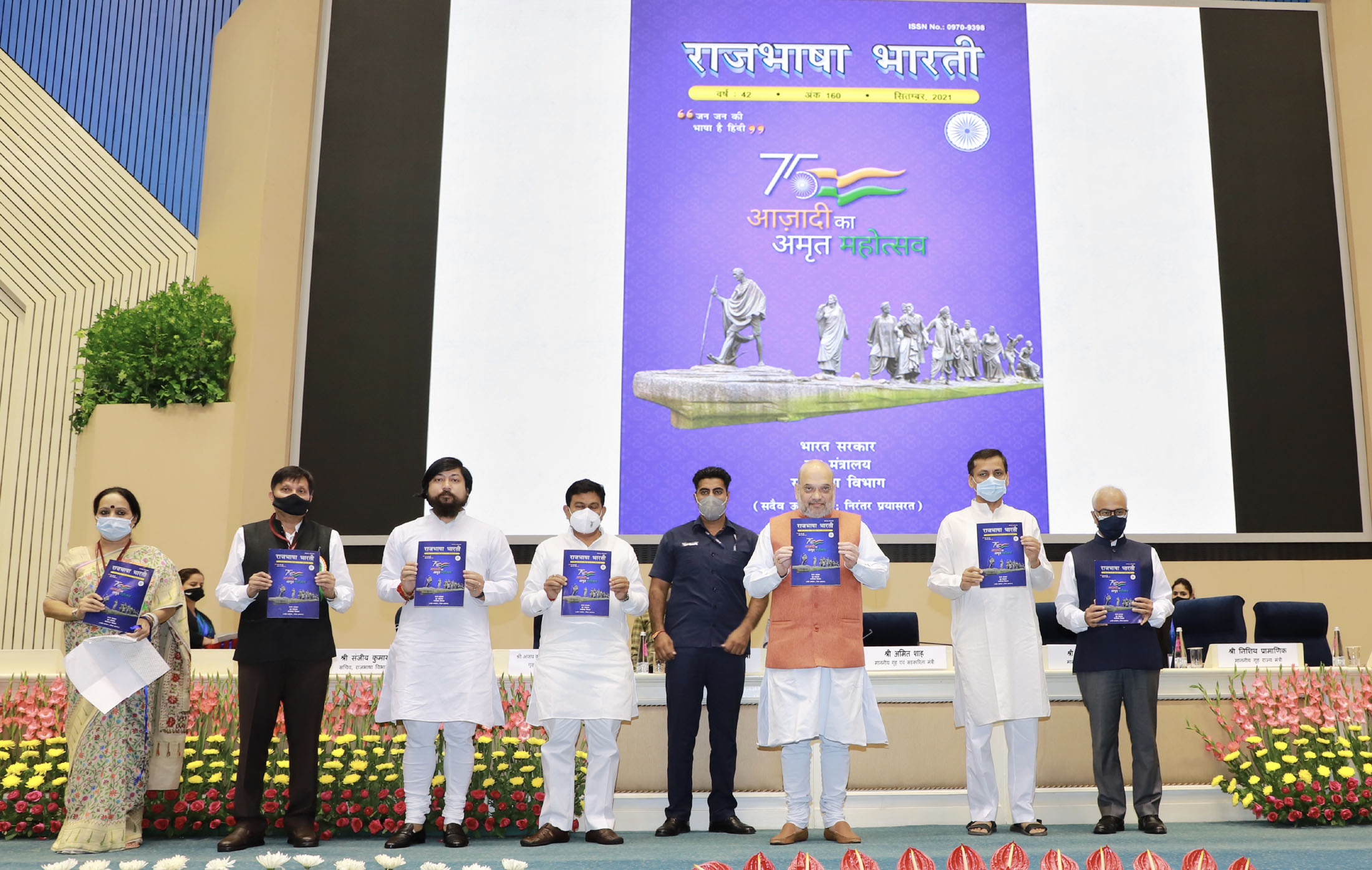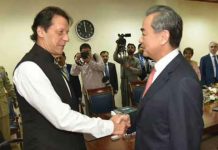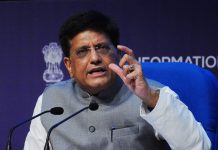
Astonishingly, the forceful imposition of one community’s food choices on others is being deliberately ignored or sometimes even legitimized by the powers that be, thereby demonstrating alleged tacit approval of the ruling dispensation to conduct such campaigns
A pall of uncertainty is seemingly descending over the Indian horizon in the wake of unleashing of all sorts of fundamentalism – from food to culture, language to religious chauvinism – against the minorities, especially the Muslims, and these developments do not bode well with India’s declared and cherished centuries-old ideals of Sarva Dharma Sambhava (Equal respect for all regions) and Vasudhaiva Kutumbakam (the world is one family). On the one hand, India’s PM Modi never tires of emphasising these cherished ideals in international forums, and on the other hand, fundamentalism of all sorts is let loose to target the minorities, especially the Muslims, particularly in the BJP-ruled states, from Karnataka to Madhya Pradesh and from UP to Gujarat. The occurrence of such violent communal incidents gets galvanized in the states that are likely to go to polls for state assembly election by the year-end.
Food Fundamentalism
Eruption of violence on the campus of Jawaharlal Nehru University on April 10, the day Ram Navami was being celebrated, over the serving of non-vegetarian food did not seem to be an isolated incident of violence but came in the wake of curbs imposed on the sale of meat in some parts of Delhi, Uttar Pradesh and Karnataka during the recently-concluded Navratras. A BJP Mayor of East Delhi not only ordered the closure of meat shops and abattoirs but also warned of revoking the licences of meat sellers if they violated his orders.
The ongoing campaign against the display of halal certification on food products pioneered by groups affiliated to the BJP or Sangh Parivar seemingly indicates a well-concerted strategy to target a specific minority community on the pretext of what it eats, and astonishingly, the forceful imposition of one community’s food choices on others is being deliberately ignored or sometimes even legitimized by the powers that be, thereby demonstrating alleged tacit approval of the ruling dispensation to conduct such campaigns. In the backdrop of such a sordid state of affairs, one critic has opined that the reluctance of many political and religious leaders to voice against such blatant highhandedness “is making otherization par for the course.”
Cultural & Linguistic Fundamentalism
The recent expression of sentiment by Union Home Minister Amit Shah that Hindi ought to be made India’s only national language is neither new nor the first time expression by Shah of such a sentiment and he has articulated such sentiments time and again in the past few years stating that it was high time to elevate Hindi to the status of national language so that it can replace English as the link language for the country.
The present BJP and its previous avatar of Jan Sangh have been harping on this theme – with some variations – in their speeches and enumerable election manifestos often making a categorical promise of according Hindi the status of a national language. Some experts point out that the notion of making Hindi the national language of the country is neither limited to the BJP nor the Rashtriya Swayamsevak Sangh (RSS) or their progenies, rather R.V. Dhulekar, a Congressman, had said in the Constituent Assembly; “People who do not know Hindustani have no right to stay in India.”
Emphasis on Hindustani entailed a version of Hindi mixed with Urdu words for which even Mahatma Gandhi had also strongly espoused as the national language of India, and, in fact, he had started a Hindustani Prachar Sabha in Wardha in 1942. Nevertheless, the Constitution of India made Hindi the sole “official language” of India with English also being accorded approval for use by all governments for 15 years. The promotion of regional languages in their respective regions was also encouraged. In 1965, when the 15-year period for the usage of English was about to expire, the powerful Tamil agitation claimed a fast-rising death toll along with apprehensions of secession looming large, and the situation could be brought under control by amending the Official Languages Act permitting the continuance of the use of English in perpetuity unless all the states had not adopted Hindi and passed a resolution supporting its adoption. One expert has opined that the amendment to the Official Languages Act epitomised a ‘hard-won’ recognition of the country’s ‘multilingualism and an assurance that Hindi would never be unilaterally imposed on the country without the consent of all states.

However, critics are at the horn of the dilemma, like many leaders of the non-BJP Opposition parties, to decipher the underlying motive of Shah’s raking up language issue at a time when the entire nation is seized with more burning issues that need urgent solutions. Is it ignorance of the history of independent India on the part of Shah or a deliberate move to implement RSS’s hidden agenda of ‘One Nation-One Language’ to pave way for the expansion of the BJP in southern states where it has been cutting a sorry figure in electoral terms? India’s unity in diversity does not simply lie in one language or one religion, rather it has its own raison d’être that has been nurtured over centuries and deeply ingrained in the Indian psyche.
Religious Chauvinism
The BJP under the Shah-Modi duo has prospered and thrived on by playing the Hindu majoritarian card and pitting one religious community against the other. Minorities, Dalits, and the under-privileged have been taken for a ride under the guise of slogans like “sab ka saath, sab ka vikas”, whereas the real progress in political, monetary, and power-sharing terms has been that of the BJP and its leaders. The atmosphere has been charged with hatred, false and vituperative blitzkrieg propaganda via the officially-controlled electronic and print media that transmits the information that is devoid of reality. Even social media is exploited to the extent possible to spread misinformation and dissemination of distorted facts of history to malign the image of particular leaders. Even the martyrs are not spared.
Religious chauvinism may have temporarily helped the ruling dispensation to expand its sphere of influence and fetch it the electoral gains but surely it is not an everlasting solution but rather ephemeral that can evaporate with changing public mood. Minorities, the under-privileged, and the poorest segments of the society are passing through the most crucial phase in Independent India. Targeting one minority community through official machinery sends wrong signals to other minorities. According to one expert, the recent eruption of violence in different parts of the country coinciding with the Ram Navami and Hanuman Jayanti and the studied silence of the dispensation at the helm over these violent incidents explicitly demonstrates that anti-minority mobilization is now organically embedded in the grassroots and is de-linked from the electoral cycle, and it is said to have acquired a momentum of its own and is relatively free of centralized control.
Absence of Governance
Failure of the ruling dispensation to deliver on issues of price hike, unemployment, economic mess, law and order, tackling health-related and environment-related issues for the past many years is considered by many experts as the prime reason behind invoking religion-related, food-related, culture-related, and language-related controversies to divert public attention from governance failure. But for temporary electoral gains, this strategy is doing more harm in economic, social, and strategic terms. Take the case of Karnataka which entails an image of being a business destination and that image has been sullied in the wake of orchestrated campaigns launched under religious chauvinism. The ongoing unrest in Karnataka against the hijab or halal meat entails dire implications not only for society but also for Karnataka’s inclusive economy. The paeans sung by the chief minister of Karnataka cannot restore the damage that has already been done. One expert has aptly summed up this typical style of the BJP – after starting the mischief and letting things go out of hand, the party invariably projects its commitment to pluralism.
Way Forward
At a time when the entire world is in the grip of multiple crises in the wake of COVID-19 and its variants again raising their ugly heads in different parts of the globe and the multiplying geopolitical and geo-economic compulsions as a sequel to the ongoing Ukraine-Russia war, a united, strong and prosperous India is the need of the hour. The eruption of violent incidents in the name of religion, culture, or language does not bode well for India’s pluralistic society in which cultural diversity is inseparable from gastronomic variety. The dispensation at the helm ought not only to avoid meddling in culinary matters but also sternly deter self-styled custodians of moral and religious values from invading or encroaching upon others’ religion and faith.












